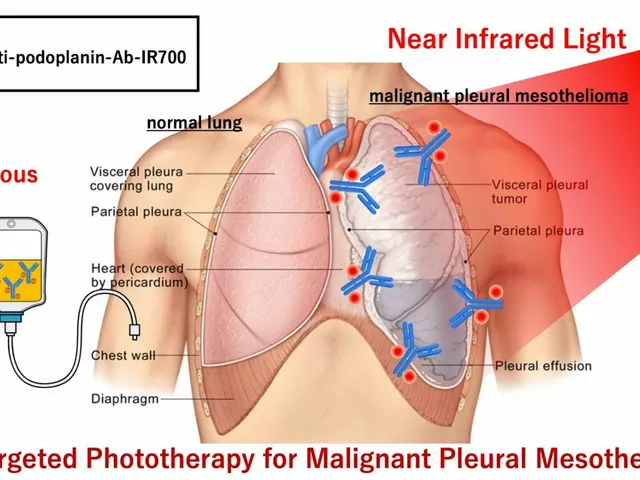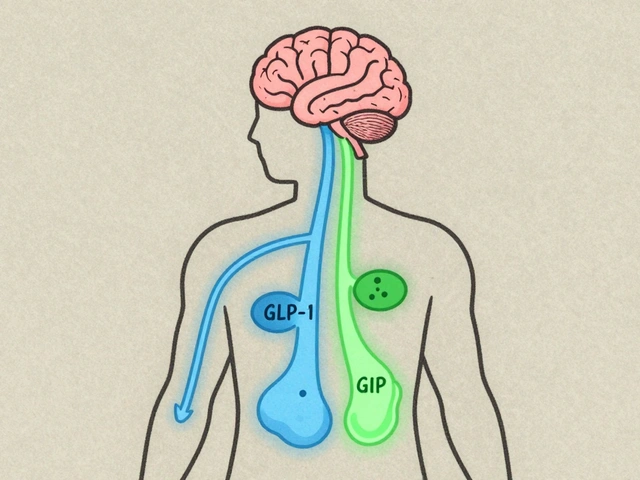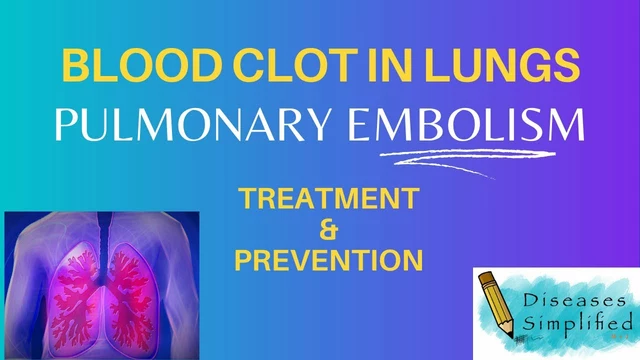Zantac recall — why it happened and practical steps for you
Heard that Zantac was pulled off shelves and not sure what to do? You’re not alone. Zantac (ranitidine) products were recalled after tests found NDMA — a probable carcinogen — in some batches. That led regulators and manufacturers to remove ranitidine from the market while they investigated. Here’s clear, no-nonsense advice on what to check and how to stay safe.
Why Zantac was recalled
Tests showed that certain ranitidine products could form NDMA over time or under certain storage conditions. NDMA is classified as a probable human carcinogen when people are exposed to it at high levels for long periods. Regulators took action because even low long-term exposure adds unnecessary risk. That’s why both prescription and over-the-counter ranitidine were withdrawn or recalled in many places.
If you’ve used Zantac — what to do now
First, don’t panic. One or short-term doses of ranitidine are unlikely to cause harm. But if you used it regularly for months or years, talk to your doctor or pharmacist about your level of exposure and whether any follow-up is needed.
Check your medication: look at the label and packaging. If it’s labeled "ranitidine" or "Zantac" stop using it and dispose of it safely (see below). If it’s a different active ingredient, like famotidine (Pepcid) or omeprazole (a PPI), it’s a different drug and not part of the ranitidine recall.
Ask your doctor about alternatives. For simple heartburn or occasional reflux, try antacids (like Tums) or H2 blockers that are not ranitidine (famotidine). For frequent or severe reflux or ulcers, your doctor may suggest a proton pump inhibitor (PPI) such as omeprazole or esomeprazole. Don’t switch prescription drugs on your own — some conditions need careful monitoring.
Keep records. If you used ranitidine for a long time, note how long, the dose, and whether it was prescription or OTC. That info helps your clinician assess risk and document any future concerns.
Report problems. If you think you had side effects or adverse reactions, report them to your national regulator (for example, FDA’s MedWatch in the U.S.) and tell your healthcare provider. Reporting helps authorities track issues and keep others safe.
Dispose of old pills safely. Don’t flush medication down the toilet unless the label says so. Use a pharmacy take-back program, community drug take-back events, or follow your local disposal guidelines. If none are available, mix pills with an undesirable substance (coffee grounds, kitty litter), seal in a bag, and put in the trash.
If you have questions about a specific brand, lot number, or product you found at home, your pharmacist can help you verify whether it’s affected and advise on alternatives. Simple steps now—stop use, check the label, talk to your provider—give you the best balance of safety and peace of mind.

- Jun 9, 2025
- Posted by Cillian Osterfield
Zantac: What Really Happened, Safety, and Alternatives Explained
Wondering what the buzz around Zantac is all about? This article digs into the true story behind the popular heartburn drug, the safety concerns that led to its recall, and what options people have now. Get a clear breakdown of what happened and what it means for anyone who used Zantac. Facts, safety tips, and real info—no fluff, no confusion. Stay in the know about Zantac’s place in medicine today.
Categories
- Health and Wellness (72)
- Medications (69)
- Health and Medicine (28)
- Pharmacy Services (12)
- Mental Health (9)
- Health and Career (2)
- Medical Research (2)
- Business and Finance (2)
- Health Information (2)
Latest Posts
©2026 heydoctor.su. All rights reserved





